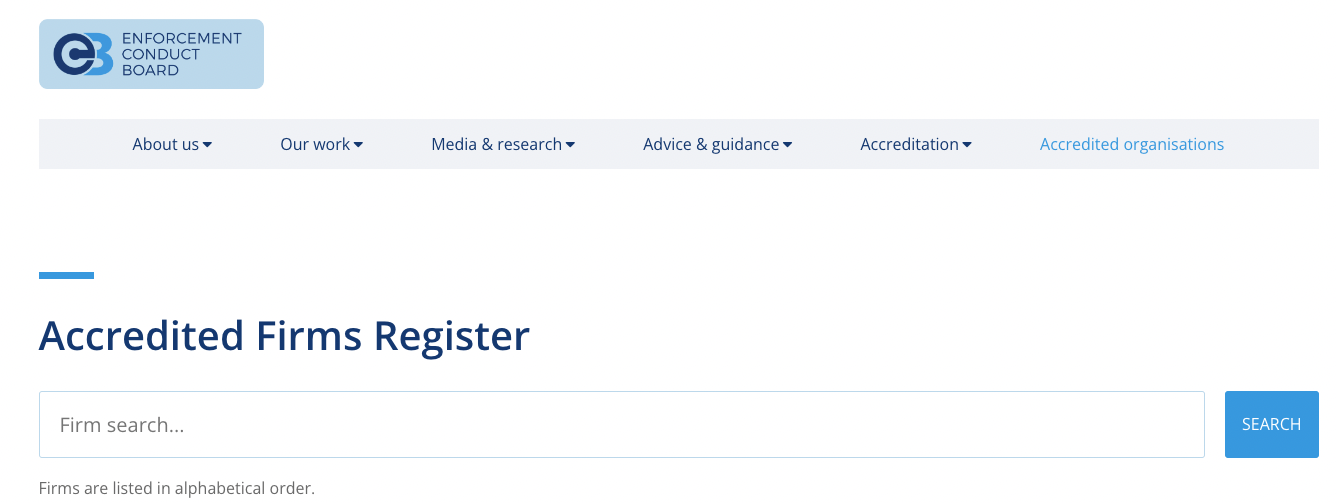High Court Enforcement Officers can assist with recovering possession of any property, whether this is via a County Court Order for Possession or a High Court Order for Possession.
The service is efficient and can be tailored to meet your needs and a High Court Enforcement Officer can assist with the transferring up a County Court Judgment and issue of a Writ of Possession.
Please see a selection of our most frequently asked questions about this below.
FAQs
When can a Writ of Possession be issued?
There are three instances where a Writ of Possession can be issued:
- following a judgment against trespassers
- following a judgment in respect of a mortgage possession
- following a judgment in a landlord / tenant matter where leave of the court has been obtained for the case to be transferred for enforcement in the High Court.
How do I transfer my County Court Order for Possession?
Transferring the Order for Possession is similar in many respects to that of transferring a judgment for money, and most High Court Enforcement Officers will provide a service to facilitate the transfer.
You can also apply to the court to transfer the judgment yourself. However, this process can be complex depending on the particular circumstances. We would recommend speaking with your HCEO before deciding to progress this yourself.
Instructing High Court Enforcement Officers is easy, and they can assist with everything necessary to issue the Writ of Possession to authorise them to act.
What happens once I have my Writ of Possession?
Once you have obtained your Writ of Possession, you should instruct your High Court Enforcement Officer by discussing your needs and the circumstances of the Possession Order, which will depend on the nature of the property or land subject to the writ.
Once the High Court Enforcement Officer is instructed, they will proceed with the enforcement based upon your instructions and the nature of the occupants and discuss the details with you.
In landlord/tenant cases for residential premises, a N54 Notice of Eviction giving 14 days’ notice must be issued, unless exempted by the court. No notice to trespassers is needed in the case of an unauthorised encampment or for squatters matters.
What happens if the Occupier won't leave?
If on the attendance the occupier does not want to leave, the writ does empower the High Court Enforcement Officer to use reasonable minimal force to remove the occupier/s from the property.
In these instances, usually the Police will be called in order to ensure that there is no breach of the peace, and to assist the High Court Enforcement Officer under the "Constables Duty to Assist" (The Courts Act 2003, Section 99, schedule 7, Para 5).
How much will the possession cost to enforce?
You should discuss costs with the High Court Enforcement Officer as this may be a fully inclusive cost or more likely on a basis of time spent. There are likely to be additional costs such as locksmiths or builders to secure the site, or perhaps security staff, depending on the individual circumstances.
Generally, the longer it takes, and the more Enforcement Agents needed, the more it will cost. These costs are due from you and are not recoverable from the debtor.





